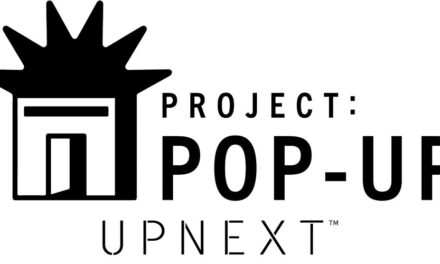Published in the June 2, 2017 edition
MELROSE — The city continues its commitment to fight against substance use and abuse.
Like everywhere else, the results are mixed.
Last week, Mayor Robert J. Dolan reported on his blog that during a meeting of the Metro Mayors Coalition, he heard a presentation about how the cities in the area are tackling the opioid crisis.
While the number of confirmed opioid related deaths in Melrose is up — 27 between 2011 and 2016 — officials here have vowed not to give up the fight against use, addiction and overdoses. From 2001-2005, there were 11 confirmed deaths related to opioid abuse, and 12 between 2006 and 2010.
Gov. Charlie Baker has called the abuse of opioids an epidemic and has entered the battle to end it as well.
The report was sponsored by the Metropolitan Area Planning Council and brings a lot of information together in a single place.
The primary contact in gathering the information on Melrose was Kathy Guevara, community coordinator with the Mystic Valley Public Health Coalition.
According to the study, Melrose has taken a “strong education-based approach to lead prevention efforts. The city receives funding and is a member of the Massachusetts Opioid Abuse Prevention Collaborative, focusing local efforts on youth education and youth-led peer education. The education based approaches include Sober Truth on Prevention (STOP) Act grant initiatives which provide individual support to students, and the implementation of a Youth Action Team.
“Through this model, the primary target of local services is youth ages 12 to 20 years old. Prevention efforts involve strong peer-led education efforts and community events. While regional coalitions provide access to resources for those suffering substance abust, such as the Hallmark Health Recovery Coach Program, local efforts are primarily geared toward prevention.
“Recently, the city supported independently funding the position of the Substance Abuse Prevention coordinator when statewide funding ended. The city hired a new coordinator in October 2016. The new coordinator will allow the city to continue its work as well as to identify new initiatives.”
Strategies currently used by city officials to try to prevent substance abuse include police officers carrying Narcan, training in how to recognize recognize signs of an overdose and instruction on how to administer the overdose-reversing naloxone (Narcan).
Prevention strategies include the recent funding by the city to implement Interface, a supportive referral process for appropriate mental health services for residents.




